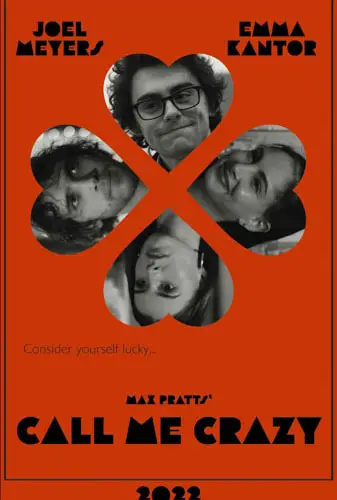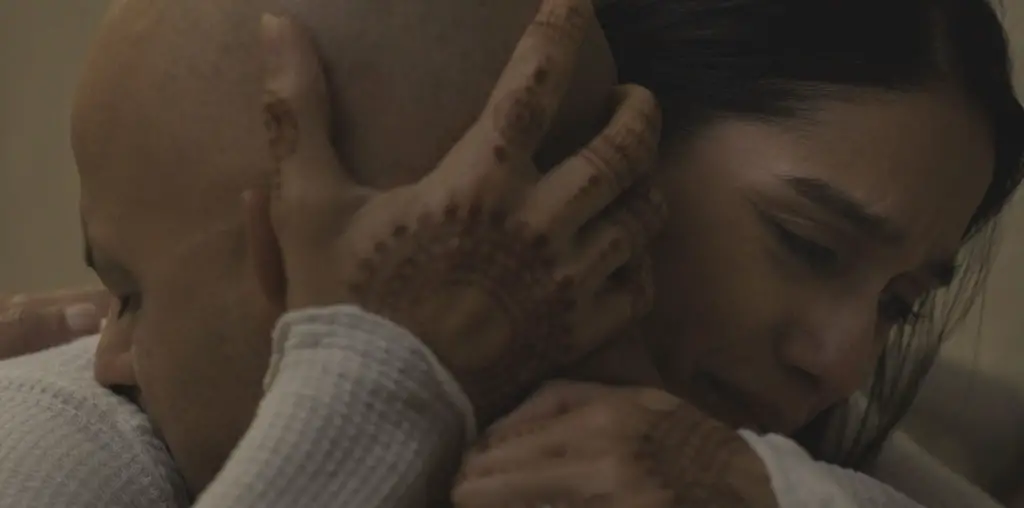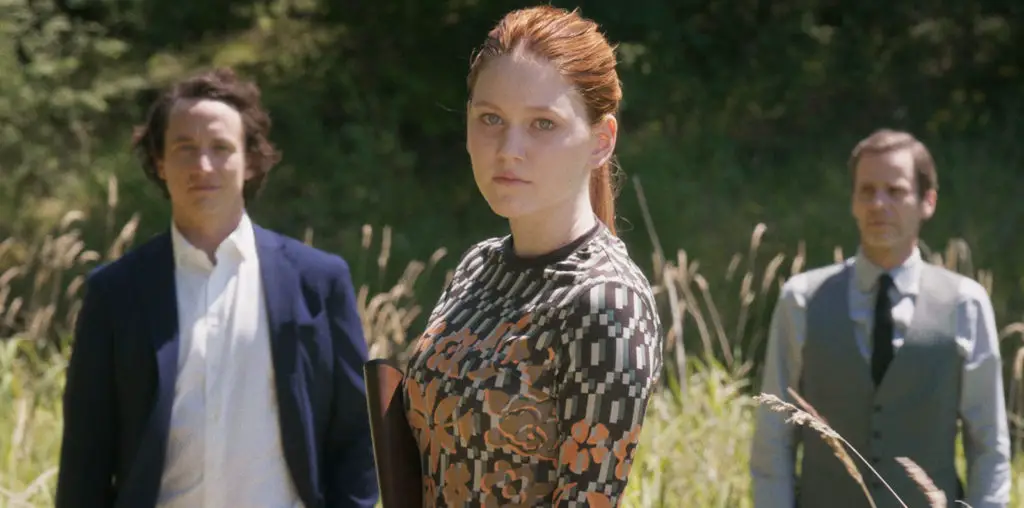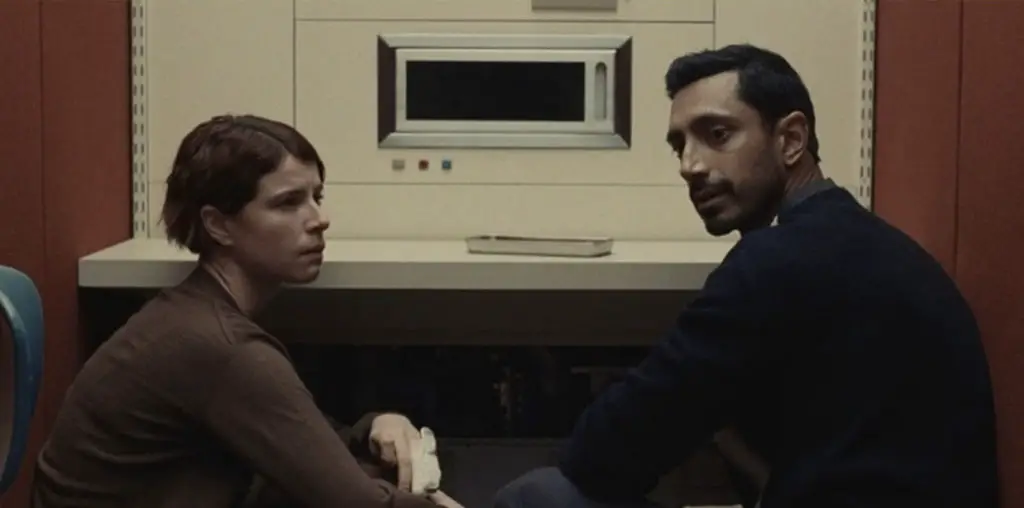
They say write what you know. So it should come as no surprise that the screenplay for the indie film Call Me Crazy concerns itself with an indie filmmaker writing a screenplay. The screenplay about writing a screenplay is a tried and true trope, with greats like Charlie Kaufmann’s Adaptation, Martin McDonough’s Seven Psychopaths, and, of course, Billy Wilder’s Sunset Boulevard springing to mind. Like those screenwriters, it’s probably safe to assume that writer/director Max Pratts put a bit of himself into the central figure, Will (Joel Meyers). As a similarly film-obsessed writer with a terrible sleep schedule and a hopeless romantic streak, I also found a bit of myself in the character.
Of course, Will isn’t the only central figure in Call Me Crazy; a parallel story follows Sarah (Emma Kantor), who is equally driven by her own creative pursuit, namely dance. After a chance meeting near the film’s beginning, each is dumped by their respective partners, going on lateral journeys of self-discovery. Both Sarah and Will confide in friends and strangers about their breakups, each grappling with the challenges of being creative individuals experiencing heartbreak. In one of the film’s best moments, Will has a frank conversation with a movie projectionist, Fred (Wayne Stills), about choosing your passion over a person. He bluntly asks if Will loves his ex more than he loves film. Yet another moment seems pulled from Meyer’s experience as Fred tells Will, “I know a lot of filmmakers, and they’ve all been dumped.”
“After a chance meeting…each is dumped by their respective partners, going on lateral journeys of self-discovery.”
Fred is just one of the many characters that Will meets along his long day’s journey into night, as both he and Sarah spend most of the film bouncing from one supporting character to the next. Regrettably, this is the Achilles’ heel of the film, as most of these supporting characters who offer advice to our heroes are no more than thinly written clichés. These include, of course, the world-weary bartender who stoically spouts sage words of wisdom and the best friend obsessed with astrology. Perhaps the worst offender of this is Sarah’s romantic rival, whose only discernible character traits are the desire to “win” the competition for Sarah’s boyfriend and having an Australian accent.
At one point, a character comments that men would be better served if they watched more romcoms, thus getting in touch with a more feminine energy. That may, for better or worse, be the film’s mission statement, as the characters that occupy it feel more like imitations of characters from When Harry Met Sally than of actual human beings.
Unlike the character who delivers that line, who clearly is only saying it to attempt to woo Sarah (or something along those lines), Will actually seems to be one of these modern men. Almost all of his friends are women, and he never has any ulterior motives toward any of them when commiserating about his breakup. When his and Sarah’s paths inevitably cross over once more, the promise of a new love between them is sweet and assured to be something that will take time, being a real and lasting relationship rather than a mutual rebound.
Call Me Crazy is filled with cardboard cutout versions of characters grasping an interesting concept: balancing a love life with the thing they love most. It may not always hit the mark, but the sophomore effort from Max Pratts can strike the absolute right chord in key moments.

"…As a similarly film obsessed writer with a terrible sleep schedule and a hopeless romantic streak,"


